There are certainly a number of legitimate legitimate business arrangements that physicians can enter into with telemedicine companies. And, of course, we are all aware that many physicians have appropriately used telemedicine arrangements during the current public health emergency to provide medically necessary care to patients.
However, not all business arrangements between physicians and telemedicine companies are appropriate or legitimate. As a result, the Department of Health and Human Services’ Office of Inspector General (OIG) recently published a Special Fraud Alert entitled “OIG Alerts Practitioners to Exercise Caution when Entering into Arrangements with Purported Telemedicine Companies” (July 20, 2022).
In this most recent Special Fraud Alert, the OIG notes that it has conducted dozens of investigations of fraud schemes involving companies that purported to provide telehealth, telemedicine, or telemarketing services and exploited the growing acceptance and use of telehealth.
One common element of fraudulent telemedicine schemes is the way that telemedicine companies have used kickbacks to aggressively recruit and reward physicians to further the fraud schemes. In general, the telemedicine companies arrange with physicians to order or prescribe medically unnecessary items and services for purported patients who are solicited and recruited by the telemedicine companies. In many of these arrangements, the telemedicine companies pay physicians in exchange for ordering or prescribing items or services (1) for purported patients with whom the physicians have limited, if any, interaction; and (2) without regard to medical necessity. These payments may be described as payment per review, audit, consult, or assessment of medical charts.
Physicians should exercise caution and use heightened scrutiny when entering into any arrangement with a telemedicine company as some arrangements are inappropriate, illegitimate, and may constitute a criminal violation of the Federal anti-kickback statute, which prohibits knowingly and willfully soliciting or receiving (or offering or paying) any remuneration in return for (or to induce), among other things, referrals for, or orders of, items or services reimbursable by a Federal health care program. It is important to note that the violation of the Federal anti-kickback statute results in criminal liability for both sides of an impermissible kickback transaction.
The OIG Special Fraud Alert indicates that the numerous criminal, civil, and administrative fraud cases involving kickbacks from telemedicine companies to physicians that the OIG and the Department of Justice have investigated have often involved a physician ordering or prescribing items or services for purported patients that the physician never examined or meaningfully assessed to determine the medical necessity of items or services ordered or prescribed. Additionally, it is commonly the case that telemedicine companies have paid physicians a fee that correlated with the volume of federally reimbursable items or services ordered or prescribed. Such volume-based fees implicate and potentially violate the Federal anti-kickback statute.
Suspect Characteristics
The OIG Special Fraud Alert sets forth a number of suspect characteristics suggesting a heightened risk of fraud and abuse. It is noted that the list is illustrative only and is not exhaustive so that the presence or absence of any one of the listed factors is not determinative of whether a particular business arrangement between a telemedicine company and a physician would be grounds for legal sanctions.
The listed suspect characteristics are:
- The purported patients for whom the physician orders or prescribes items or service were identified or recruited by the telemedicine company for free or low out-of-pocket cost items or services.
- The physician does not have sufficient contact with or information from the purported physician to meaningfully assess the medical necessity of the items or services ordered or prescribed.
- The telemedicine company compensates the physician based on the volume of items or services ordered or prescribed.
- The telemedicine company only furnishes items and services to Federal health care program beneficiaries and does not accept insurance from any other payor.
- The telemedicine company claims to only furnish items and services to individuals who are not Federal health care program beneficiaries but may in fact bill Federal health care programs.
- The telemedicine company only furnishes one product or a single class of products.
- The telemedicine company does not expect a physician to follow up with purported patients nor does it provide physicians with the information required to follow up with purported patients.
All in all, physicians should be aware that some telemedicine companies are attempting to involve physicians in illegal business arrangements that could potentially result in criminal, civil, or administrative liability on the physician. If a telemedicine company approaches a physician about a potential business arrangement that involves payments to the physician based on the volume of services or items reimbursable under a Federal health care program or that does not allow the physician to appropriately assess the medical necessity of the items or services ordered or prescribed, then the physician should be forewarned that the proposed business arrangement may be illegal.

